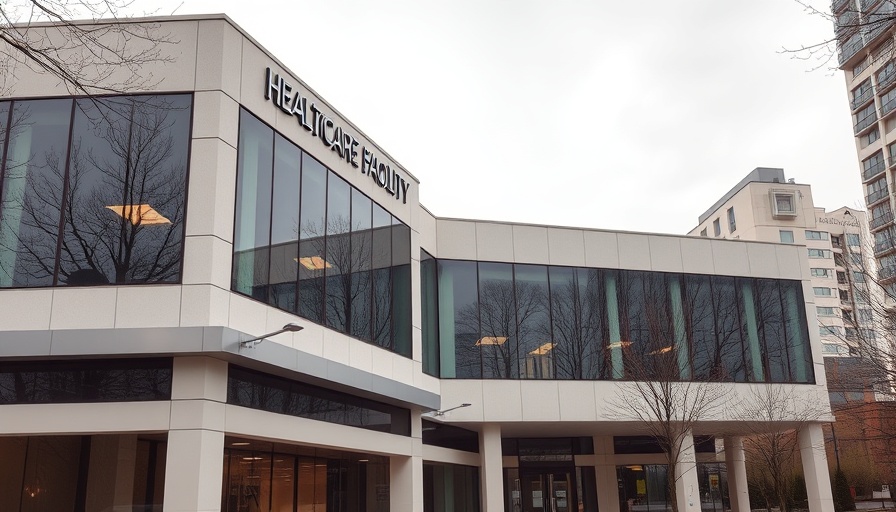
Three Houston Women Targeted in Massive Medicare Fraud Scheme
The heart of Houston has been shaken by a recent announcement from the U.S. Department of Justice, revealing that three women from the area are facing serious charges for their alleged involvement in a fraud scheme that defrauded Medicare and Medicaid of a staggering $87 million. This striking figure showcases the challenge federal authorities face in combating healthcare fraud, particularly in a city known for its healthcare and medical services.
The Allegations: A Closer Look at the Fraud Scheme
According to the Justice Department, the trio operated a network of home healthcare businesses that falsely billed for services that were never provided. Utilizing fake documents and fraudulent billing practices, they exploited a system that is intended to support those in need. The revealing details about how these individuals operated highlight the vulnerabilities within healthcare programs that are supposed to assist the community.
Why This Matters: Community Impact and Trust
Healthcare fraud not only drains resources meant for vulnerable populations but also erodes public trust in essential programs like Medicare and Medicaid. For many Houstonians, these programs represent a lifeline, particularly for the elderly and those with disabilities. Such fraudulent activities can lead to tighter regulations, which may inadvertently make it more difficult for legitimate service providers to operate effectively.
Historical Context of Healthcare Fraud
Healthcare fraud is not a new issue. It has plagued various sectors across the U.S. for decades, but the COVID-19 pandemic intensified these challenges. With healthcare systems under pressure, fraudsters seized the opportunity to capitalize on fear and confusion. The DOJ’s ongoing commitment to unraveling these schemes is a step toward safeguarding community health resources and restoring integrity to the system.
Community Resilience: Rising Against Fraud
In light of these troubling developments, it’s vital for community members to remain vigilant and informed. Local organizations are urged to strengthen their ties and discuss ways to identify suspicious activities. Education plays a crucial role in preventing fraud; the more knowledgeable the community is about the signs of abuse, the less likely they are to fall prey.
Taking Action: How to Participate in Community Oversight
Residents are encouraged to report any suspected fraudulent activities to local authorities. By participating in educational workshops or community discussions, individuals can contribute to a collective effort to combat fraud. Grassroots initiatives that focus on awareness and outreach are critical in empowering citizens and fostering a culture of transparency.
In conclusion, while the recent allegations against these Houston women are disheartening, they present an opportunity for the community to unite and advocate for stronger oversight in healthcare services. We must work together to protect the resources that support our friends and family. Join local conversations, stay informed, and play your part in ensuring accountability within our healthcare system.
 Add Row
Add Row  Add
Add 




Write A Comment